Manitoba Fights Zebra Mussels in Lake Winnipeg with Potash
2Manitoba’s Lake Winnipeg has been dealing with increased phosphorus pollution in the last few decades, which has spurred the rise of blue-green algal blooms in its waters. The problems reached such an extent in 2013 that the Global Nature Fund named the lake as the most threatened worldwide.
In 2014, there is a new threat to Lake Winnipeg. Zebra mussels have made the move from the Great Lakes and the St. Lawrence River, taking up residence in late 2013. Officials say they now live in five harbors along the lake.

Gimli Harbor of Lake Winnipeg. (Credit: Wikipedia User Jd.101 via Creative Commons)
The mussels are known to latch on to buoys, boats, water intakes and other structures, complicating equipment operation. Though they filter water quite efficiently, zebra mussels can rob water of nutrients that aquatic species and plants need to survive.
They are difficult to control and water professionals have tried to stunt their spread using ship ballast water controls and low-frequency waves to throw off shell formation. Officials in Manitoba plan to try a novel treatment plan in Lake Winnipeg: potash.
Potash is one of many potassium compounds used routinely around the world in fertilizers. The kind that will be used in Lake Winnipeg this summer is aqueous potassium chloride. A researcher at the University of Windsor’s Great Lake Institute says it shouldn’t kill other mussels or fish.

Zebra mussels, Dreissena polymorpha. (Credit: Wikipedia User GerardM via Creative Commons)
“You can never say that it’s not risky, but there have been studies done comparing potassium chloride versus many other types of molluskicides,” said Hugh Maclsaac, professor at the university. “And potassium chloride was one of the safest ones.”
It will cost Manitoba $500,000 Canadian dollars to implement, with harbors remaining closed for months to tourists and fishermen. A U.S. study found potash was effective at controlling zebra mussels at a small pond in Virginia. But will the treatment work in the complex basin of Lake Winnipeg?
“If it doesn’t work, at least you’ve tried, you’ve reduced the population somewhat,” said Gerry Mackie, professor at the University of Guelph. “And by isolating into the harbors, it shouldn’t have much of an impact, if any, on the lake itself.”




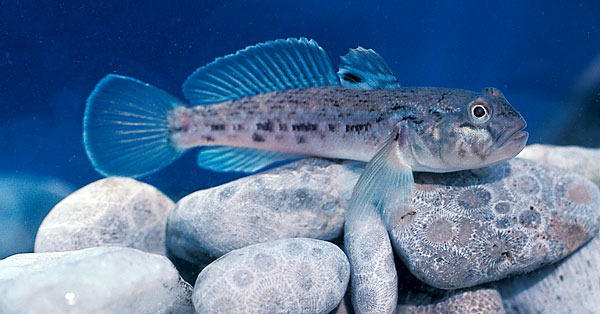
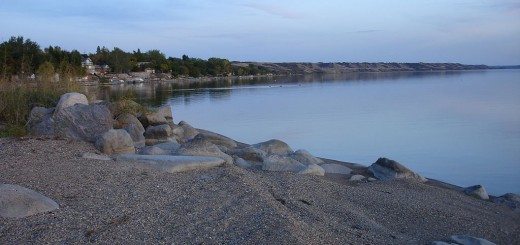

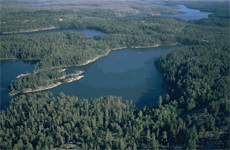

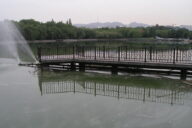


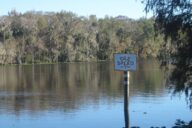

[…] accompany them aren’t the only issues Lake Winnipeg is grappling with. Zebra mussels now live in five harbors along the lake and officials are fighting to keep more invasives […]
[…] May 2014, the government of Manitoba was making plans to treat invasive zebra mussels in Lake Winnipeg with potash, a type of fertilizer. Officials didn’t know if the idea would work, […]